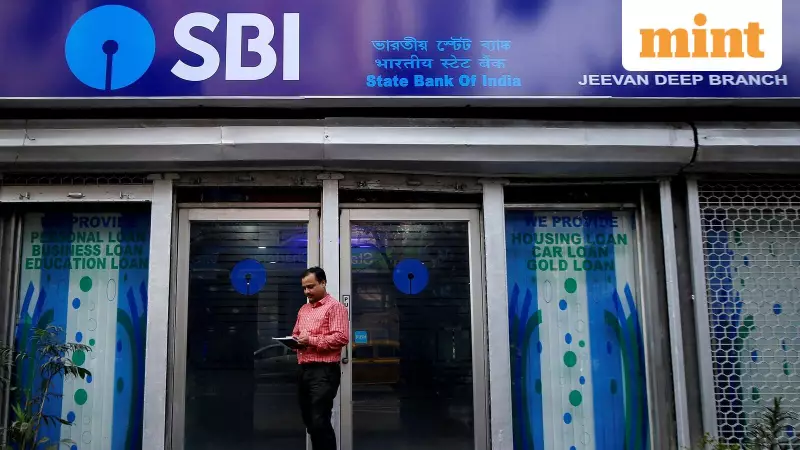
India's banking giant State Bank of India has locked horns with its owner, the central government, in a landmark Supreme Court battle over whether telecom spectrum can be sold during insolvency proceedings to recover outstanding dues.
The Core Conflict: Spectrum as Asset vs State Property
During Wednesday's hearing in the Aircel spectrum ownership case, SBI presented arguments that telecom spectrum should be treated as an intangible asset that can be monetized for creditors' recovery. The government, represented by Attorney General R. Venkataramani, countered that spectrum belongs to the state and is held in trust for the public, making it exempt from the Insolvency and Bankruptcy Code.
The State Bank of India backed its position by highlighting the tripartite agreement between the lender, corporate debtor Aircel, and the government. This agreement, signed during loan sanctioning, establishes spectrum as security interest for lenders. "The important aspect of this loan agreement is that it stipulates I should have the first charge over this asset otherwise I have no security," SBI's lawyer told the Supreme Court.
Legal Battle Timeline and Stakes
The apex court is hearing petitions filed by lenders of bankrupt telecom operator Aircel Ltd, challenging the National Company Law Appellate Tribunal's April 2021 order. The NCLAT had ruled that spectrum can only be transferred or sold under an insolvency resolution plan after all government dues are cleared.
The case has seen multiple delays since appeals were filed in May 2021, with the Supreme Court issuing notices in June 2021 but the arguments only beginning in September this year. The court will continue hearing the matter on Thursday.
At the heart of this legal confrontation are two fundamental questions: whether telecom spectrum truly belongs to the government or the operator, and whether a company's right to use spectrum under government licence can be treated as a monetizable asset during insolvency proceedings.
Aircel's Financial Collapse and Resolution Plan
Founded in 1999 by entrepreneur C. Sivasankaran and later sold to Malaysia's Maxis Communications in 2005 for approximately $1 billion, Aircel once served over 90 million subscribers across India. The company thrived for nearly a decade before succumbing to the intense price war triggered by Reliance Jio's market entry in 2016.
In February 2018, Aircel and its subsidiaries filed for bankruptcy before the NCLT Mumbai, citing unsustainable debt of ₹58,670 crore. The company's government dues currently stand at around ₹12,389 crore.
In June 2020, the NCLT approved a ₹6,630 crore resolution plan submitted by UV Asset Reconstruction Co. Ltd, which proposed taking over Aircel's assets including spectrum. This plan involved lenders accepting an 89% haircut while UVARCL planned to raise between ₹800 crore and ₹1,300 crore through spectrum sale in the 1800 MHz and 2100 MHz bands.
The Department of Telecommunications strongly opposed this resolution plan, insisting that spectrum cannot be sold before clearing all government dues, sparking the current legal battle that has reached the Supreme Court.
Broader Implications for Telecom Industry
The Supreme Court's eventual decision carries significant implications for the entire telecom sector and future insolvency proceedings. Lenders argue that without the ability to monetize spectrum, Aircel would face liquidation, resulting in substantial losses for banks, employees, and other creditors.
The government maintains its position that if a telecom company defaults on statutory dues including licence fees, spectrum usage charges, or adjusted gross revenue dues, the spectrum must revert to the government and cannot be sold or transferred under insolvency proceedings.
The outcome of this case is being closely monitored by industry stakeholders as it may also affect the resolution process of Reliance Communications, which involves similar legal questions about spectrum treatment during insolvency.






